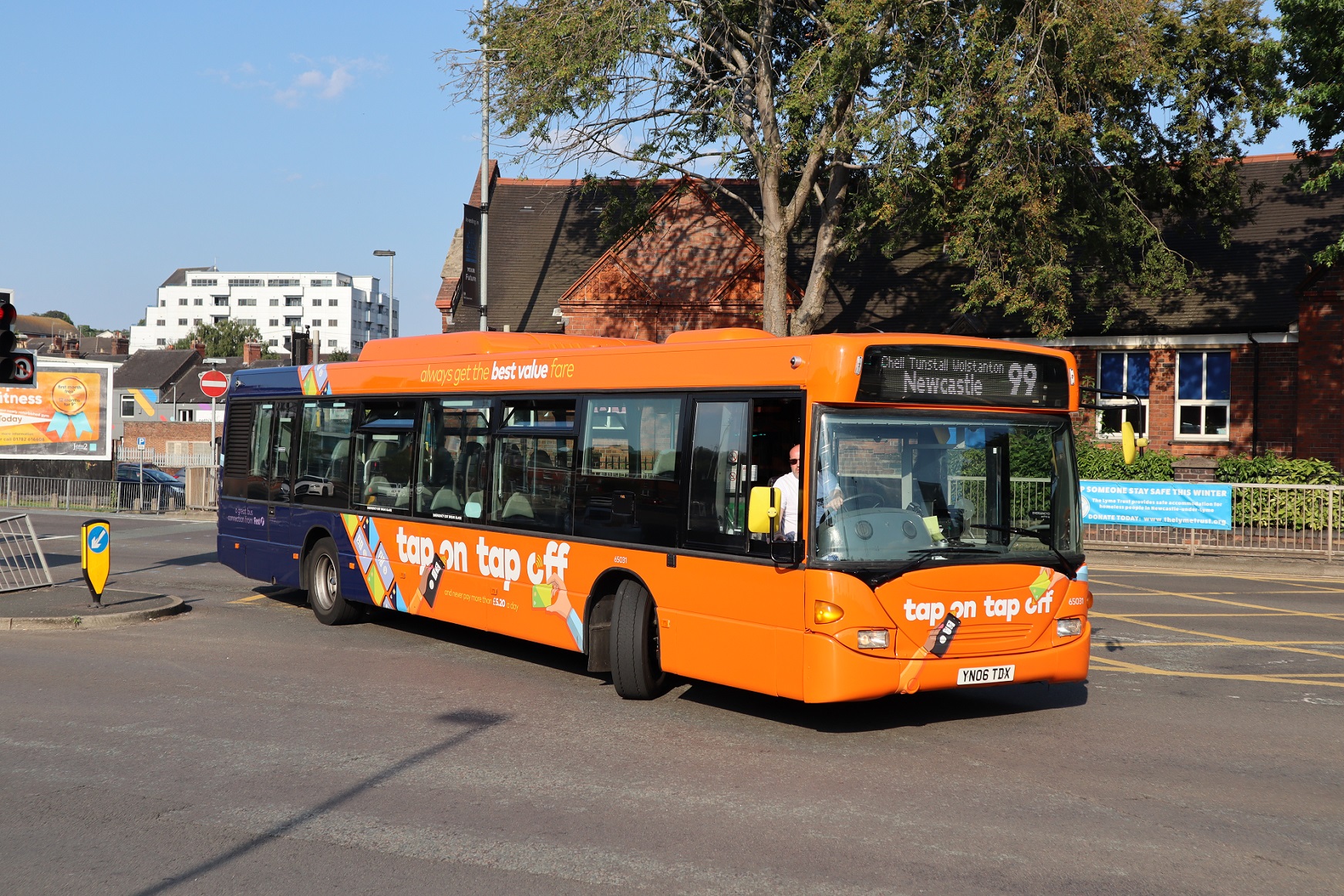An as-yet undefined longer-term approach to funding buses in England looks likely to be announced before the end of the Bus Recovery Grant and Bus Fare Cap Grant (BFCG) on 30 June, Secretary of State for Transport Mark Harper told the Transport Committee on 19 April.
While not specifically confirming that any such settlement will be forthcoming, nor when it could begin, Mr Harper notes that the current short-term approach “is not particularly satisfactory” for operators from a planning perspective. “I will set out in Parliament what out longer-term plans will be in due course,” he adds.
England longer-term bus funding gathering steam
Mr Harper’s words follow similar mood music from Under-Secretary of State for Transport Richard Holden on 30 March. The Buses Minister said then that work on a longer-term settlement was underway, although Mr Holden was keen to note that the Treasury is involved in its creation.
Mr Harper says that the new mechanism could involve all existing funding streams, including BSOG, concessionary reimbursement, recovery support and money towards zero-emission buses. “We want to try to have a sensible long-term model, and that is the work that is underway at the moment,” he continues.
On BFCG, Mr Harper says that the £2 cap is “very much a cost-of-living measure.” That supports an earlier comment by Mr Holden that BFCG will not be extended beyond 30 June.
Although not writing off the possibility of a further BFCG round and acknowledging that the scheme has generated “some increase in patronage,” Mr Harper adds that the uplift in ridership has not been sufficient to offset BFCG’s cost. He describes the £2 fare cap as being “quite costly for the taxpayer to deliver.”
BSIP work still seen as means to grow patronage
Despite the continuing warming of words around longer-term support for buses in England, Mr Harper also pointed to Bus Service Improvement Plan (BSIP) efforts as being a tool to drive patronage and thus farebox revenue.
“That is challenging to deliver, but… it is very important that we have government working with local authorities and bus companies as a partnership to try and delivery those better services,” he says.
While that has long been a DfT aspiration, it is understood that in many cases, delivering improvements is proving challenging where LAs have not been allocated BSIP funding, although some lower-cost measures have been rolled out.
While further talk around long-term funding arrangements for buses is welcome, not all was positive at the Transport Committee session. When questioned on Department for Transport budgets, Mr Harper pointed out that “a relatively small” number of overall journeys are made by public transport and that he wants to see a continued approach of “spending appropriately” in reflection of that.
Read the full Transport Committee session transcription here.



























